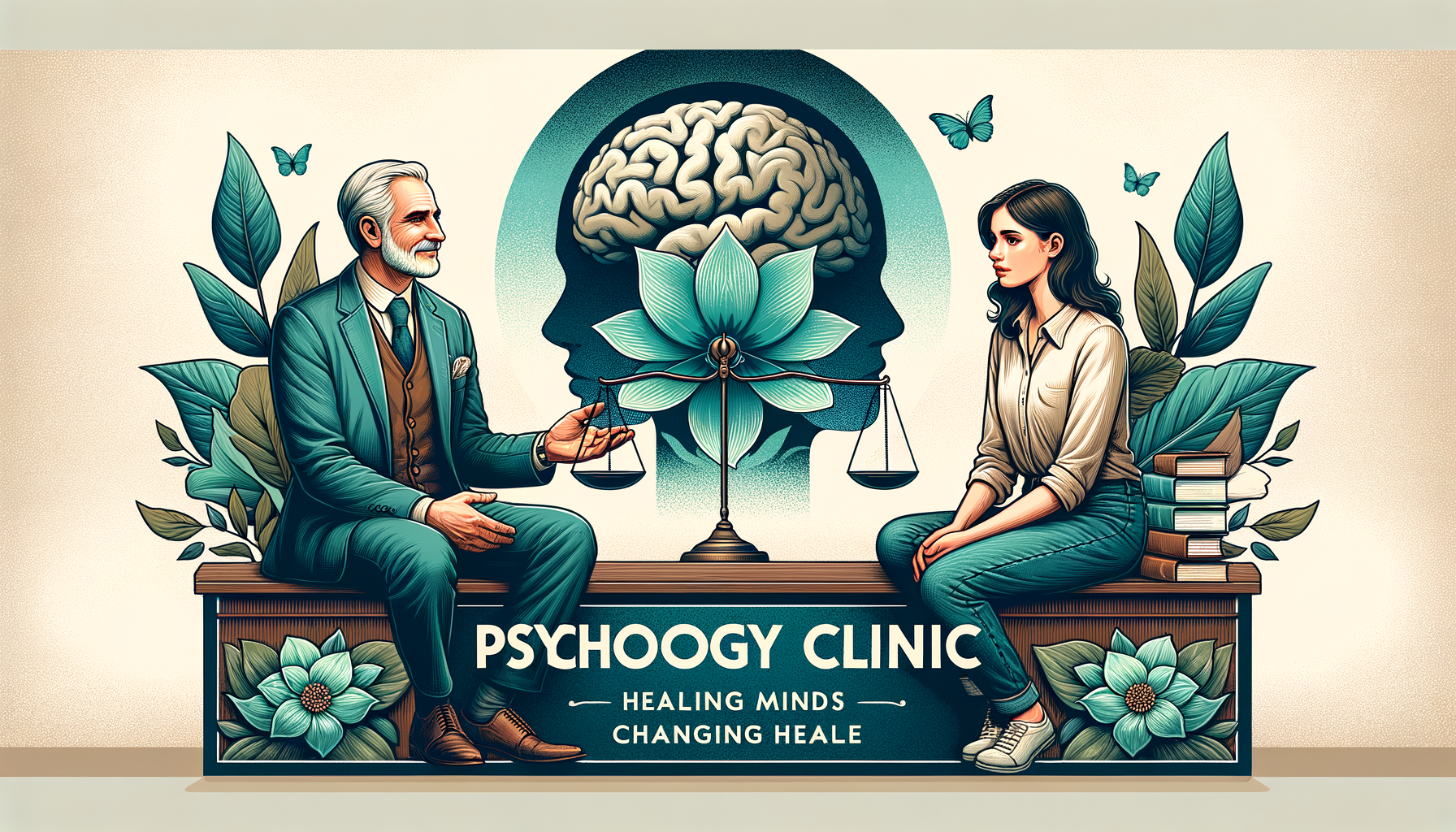Understanding Anxiety: How Cognitive Behavioral Therapy Can Help
 10 May, 2024
10 May, 2024
What is Anxiety?
Anxiety is a natural response to stress or danger, often characterized by feelings of worry, nervousness, or fear. While it's normal to experience occasional anxiety, an anxiety disorder involves excessive and persistent worry that interferes with daily life.
Types of Anxiety Disorders:
There are several types of anxiety disorders, including generalized anxiety disorder (GAD), social anxiety disorder, panic disorder, and specific phobias. Each type has its own unique symptoms and triggers, but they all share a common feature of excessive fear or worry.
How Does CBT Work?
CBT is a type of psychotherapy that focuses on changing negative thought patterns and behaviors that contribute to anxiety. It is based on the idea that our thoughts, feelings, and behaviors are interconnected, and by changing one, we can influence the others.
CBT Techniques for Anxiety:
Cognitive Restructuring: This technique involves identifying and challenging irrational or negative thoughts related to anxiety. By examining evidence and considering alternative perspectives, individuals can learn to replace irrational thoughts with more realistic ones.
Exposure Therapy: Exposure therapy involves gradually exposing oneself to feared situations or objects in a controlled and safe environment. Over time, repeated exposure can help desensitize individuals to their fears and reduce anxiety.
Relaxation Techniques: Techniques such as deep breathing, progressive muscle relaxation, and mindfulness can help individuals manage physical symptoms of anxiety, such as rapid heartbeat and tense muscles.
Behavioral Activation: This technique involves identifying and engaging in activities that bring pleasure or a sense of accomplishment, even when feeling anxious. By increasing positive activities, individuals can counteract feelings of hopelessness and low mood often associated with anxiety.
Effectiveness of CBT for Anxiety:
Numerous studies have demonstrated the effectiveness of CBT in treating anxiety disorders. Research shows that CBT can lead to significant reductions in anxiety symptoms and improve overall quality of life for individuals with anxiety disorders.
Conclusion:
Anxiety disorders can be debilitating, but they are also highly treatable. Cognitive behavioral therapy offers a structured and evidence-based approach to managing anxiety by addressing the underlying thoughts and behaviors that contribute to it. If you or someone you know is struggling with anxiety, consider reaching out to a qualified therapist who can help guide you through the process of CBT.





